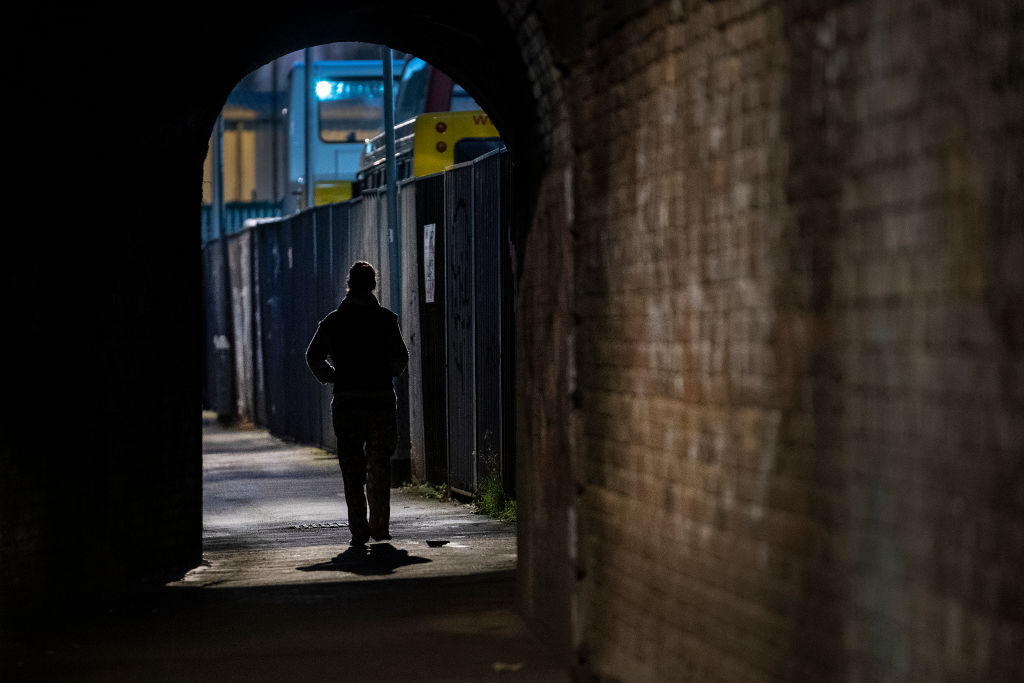Today the High Court in London hears a landmark legal challenge. It relates to the policy for criminal records for prostitution to be held on file until those convicted are 100 years old. Currently, women who have escaped the sex trade and have convictions for street soliciting will have to live with this record for ever. And it’s not only the police that can access these records – so too can bodies including the Royal Mail, trading standards and credit checking organisations. This is not just a gross violation of human rights, but also deeply unjust.
As I have discovered during the vast amount of in-depth research on the global sex trade I have conducted over the past three decades, women find it difficult if not impossible to exit prostitution. Those that do escape are judged, stigmatised and disenfranchised. So how did this legal challenge come about?
In 1996, I met Fiona Broadfoot who was not that long out of prostitution.

Get Britain's best politics newsletters
Register to get The Spectator's insight and opinion straight to your inbox. You can then read two free articles each week.
Already a subscriber? Log in







Comments
Join the debate for just $5 for 3 months
Be part of the conversation with other Spectator readers by getting your first three months for $5.
UNLOCK ACCESS Just $5 for 3 monthsAlready a subscriber? Log in